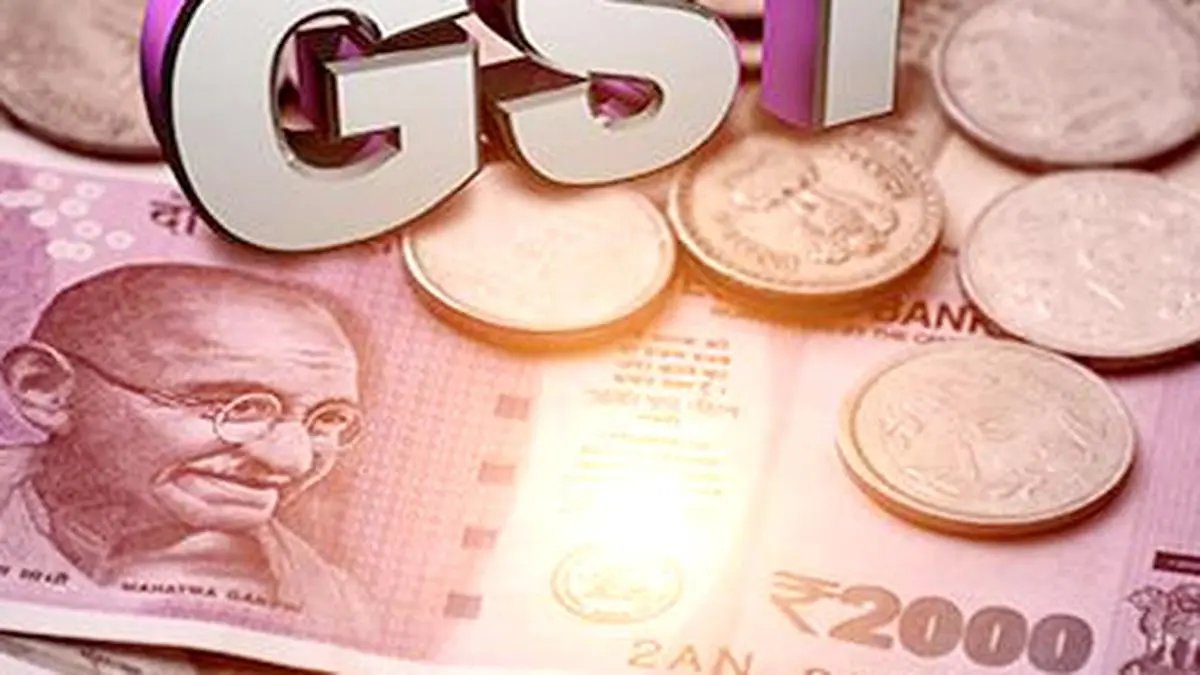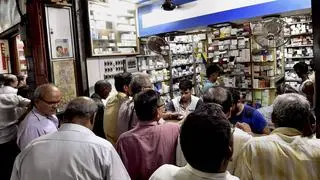CCPA can take up anti profiteering matter suo-moto


GST Council, in its meeting on September 3, recommended rate revision in 453 goods. Representative image used.
| Photo Credit:
shylendrahoode
The government can take action if the benefit of GST cuts are not passed on to the consumers from Monday onwards even in the absence of an anti-profittering authority under the GST for new cases.
Government sources said that Central Consumer Protection Authority (CCPA) can inquire an investigate violations of consumer rights or unfair trade practices, either suo motu or on a complaint received or on the directions from the Central Government.
“Provisions of the Consumer Protection Act 2019 empower the Central Authority to protect, promote and enforce the rights of consumers as a class, and prevent violation of consumers rights under this Act,” sources said.
It can prevent unfair trade practices, ensure that no false/misleading advertisement is made of any goods or services which contravenes the provisions of the consumer protection statute or the rules/regulations made thereunder. The authority will have an Investigation Wing headed by a Director-General for the purpose of conducting inquiry or investigation under the Act.
A notification by CBIC dated October 1, 2024, stopped registration of fresh anti-profiteering cases with effect from April 1, 2025. However, based on the same notification, the principal bench of GST Appellate Tribunal (PB-GSTAT) is authorised to take up pending matter or cases referred by judicial authorities, so there will be a question mark on new cases especially after September 3 recommendations
GST Council, in its meeting on September 3, recommended rate revision in 453 goods. Out of these, 413 goods exhibited decrease in rates while only 40 goods exhibited increase in rates. Almost 295 goods now have new GST rate of 5 per cent/NIL from earlier 12 per cent, while majority are in 18 per cent and a few in 40 per cent category.
Tax officials are confident that trust factor will be very important in implementing GST rate cut. Still, in order to see price revision is implemented effectively, CBIC has asked its field formations to submit monthly report of price change data of commodities pre and post GST rate rationalisation. Commodity-wise price data from the field formations and trade associations, prior to the rate change and after its implementation (i.e. pre and post September 22, 2025) will be compiled for the next six months. The first report is to be sent by September 30, then monthly report to be sent by the 20th of each month till March 2026.
Meanwhile, the Consumer Affairs Ministry has enabled GST grievance redressal on the National Consumer Helpline as part of Next-Gen GST Reforms. Accordingly, a dedicated category has been enabled on the Integrated Grievance Redressal Mechanism (INGRAM) portal to address the expected consumer queries and complaints following the implementation of revised GST rates.
More Like This


Published on September 21, 2025


